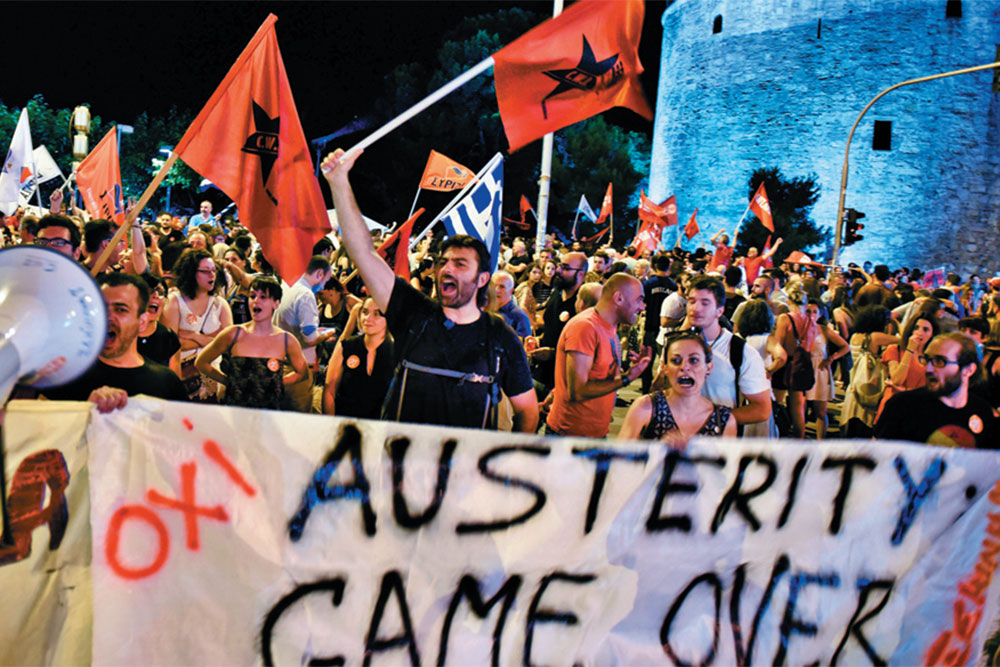No means no, and no one has made that clearer than the Greek citizenry. Now that the result of the historic Greek referendum is out, it is clear that the country has thrown its weight behind prime minister Alexis Tsipras’ call for a ‘no’ vote. Nearly 61% of votes in the referendum — which took place on July 5, days after the country missed an IMF payment — were oxi — or no — and only 39% were ‘yes’ votes. Drowning in debt of close to €323 billion to creditors such as IMF, European Central Bank and European Commission, Greece was struggling with both paying back the monumental figure and the crippling austerity measures put in place by its paymasters. The referendum was scheduled by Tsipras to decide whether to accept a fresh list of bailout terms and push the country further into austere conditions or not. Tsipras felt a ‘no’ vote would strengthen his bargaining position with creditors within the Eurozone, while detractors took it as a rejection of austerity terms and an unwillingness to stay within the EU. Be that as it may, the relieved PM has already taken Eurogroup-pleasing measures ahead of the next payment on July 23 — the country’s combative finance minister Yanis Varoufakis has resigned at the PM’s behest.
'Oxi'moron
The big fat Greek crisis: a scene from the seat of culture, philosophy and mythology as it struggles to stay afloat

Opening
Opening








